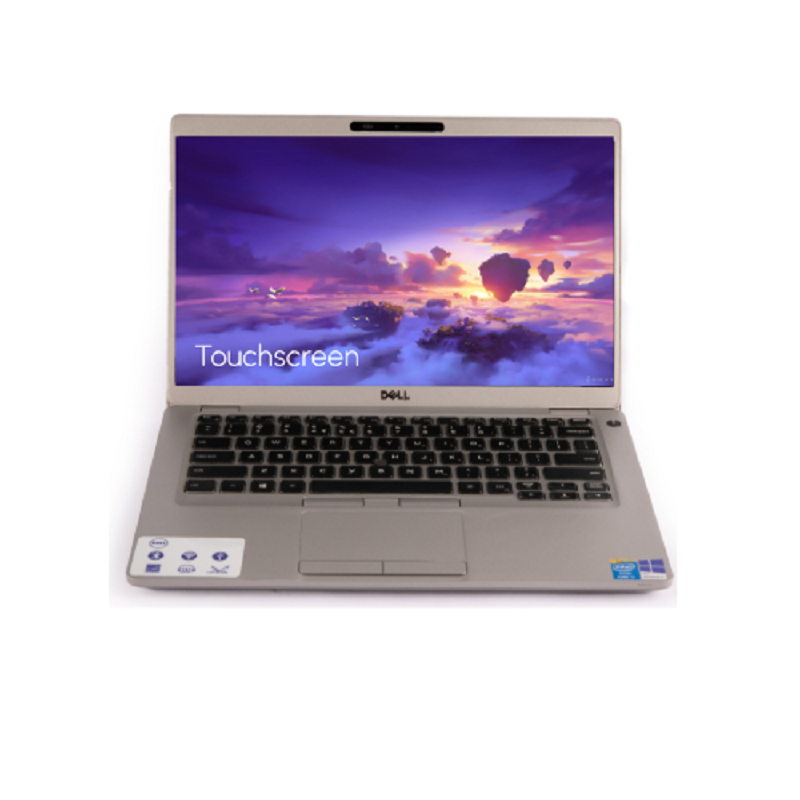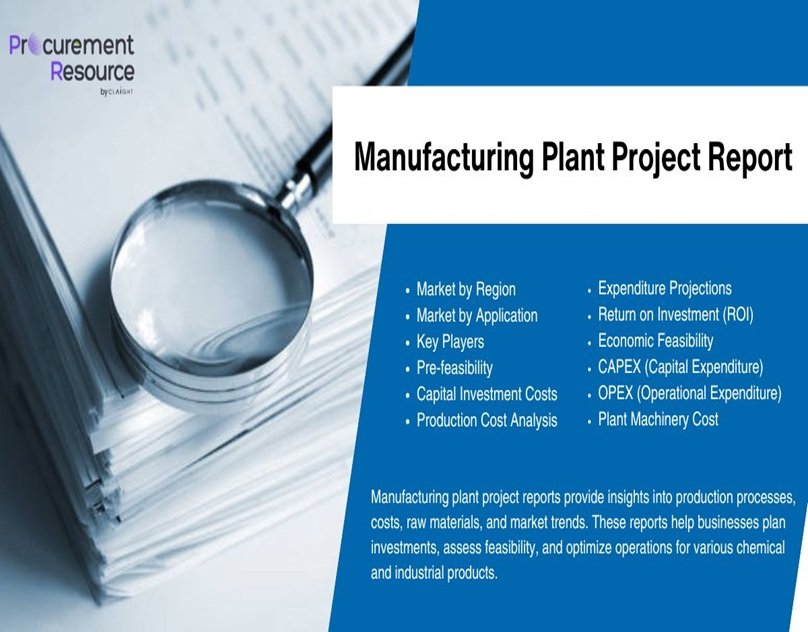Let’s be honest — having a MacBook Pro is on almost everyone’s wish list. You’re a designer editing layers in Photoshop, a coder writing code, or a student working through lectures and creative projects: the MacBook Pro’s high-end construction, blistering performance, and silky-smooth macOS experience make it an irresistible go-to.
But, there’s a downside: the cost.
That’s where purchasing a used MacBook Pro is such an attractive option. It’s the intelligent way to enter the Apple universe without breaking the bank. And due to increased demand for eco-friendly tech, it’s now simpler than ever before to purchase second hand laptops that don’t come with a sorry excuse.
Nevertheless, a second-hand MacBook is not a purchase you can make with your eyes shut. If you don’t wish your “budget upgrade” to become a nightmare, there are seven things you should look for before closing the sale.
1. MacBook Pro’s Age and macOS Compatibility
Just because it’s a MacBook doesn’t make it immortal. Apple slows down support for older models through software updates, and that might leave you high and dry with old features and security loopholes.
Here’s what to look up:
- What is the year of the MacBook Pro?
- Does it support the latest or recent versions of macOS (Sonoma or Monterey at least)?
- What is the model identifier (e.g., MacBookPro14,3)? It assists in confirming specs and compatibility in a hurry.
If the MacBook is not able to at least run the previous two versions of macOS, it’s already on borrowed time.
2. Battery Health: It’s More Than Just Charging
Battery problems are among the most frequent issues in any pre-owned laptop. macOS has a built-in tool for this — and astute sellers will already have that information on hand.
What to look for:
- Battery cycle count (under “System Report > Power”). A good MacBook ought to be less than 1000 cycles.
- Battery condition: It must say Normal.
- Inquire whether the battery was replaced — that’s a plus.
If there are indications of wear or swelling on the battery, count it as a red flag — or a basis to drive down the price.
3. Screen Quality: No Room for Surprises
The MacBook Pro’s Retina display is a thing of beauty — but only if it’s in good shape.
Watch for:
- Dead pixels or screen discoloration
- Backlight bleed or flickering
- Anti-reflective coating wear (older MacBooks had issues with “Staingate”)
Ask for a video of the screen in use (or see it in person), and test brightness levels to make sure you’re not stuck with a dud.
4. Keyboard and Trackpad: MacBooks Are Notorious Here
Apple’s butterfly keyboard layout (utilized from 2015 to 2019) has been rather roundly condemned for being delicate and susceptible to dust. Although more recent versions remedied these problems, it’s worth checking both typing responsiveness and click responsiveness.
Ensure that:
- All keys are functioning (particularly spacebar, shift, and command)
- There is no sticky or unresponsive keys
- The trackpad is not glitchy, skipping, or refusing to register a click
If it has a Touch Bar, ensure that’s working too — even if you hardly use it.
5. Ports and Connectivity: Life Support Check
Since Apple’s move to USB-C, most MacBook Pros are dependent on adapters. But if you’re purchasing an older model with normal USB ports or a new one with Thunderbolt 3, all ports must be working.
Ensure:
- Charging is working through all assigned ports
- USB-C/Thunderbolt ports recognize external drives or peripherals
- Audio jack and SD card (if installed) are working
- Wi-Fi and Bluetooth connection are stable
Shelling out for a MacBook only to realize that one side won’t charge? No thank you.
6. Storage Drive Health and Speed
A used MacBook should be as responsive as a new one. But that can only happen if its SSD (solid-state drive) is healthy.
Look for:
- Actual vs. advertised storage space
- Read/write speeds if possible (tools like Blackmagic Disk Speed Test help)
- Drive health using Disk Utility or system reports
A sluggish SSD is a dealbreaker — your workflow will suffer, even with macOS.
7. Proof of Purchase & iCloud Lock
Last but definitely not least: ownership. If a seller can’t prove they legally own the MacBook, you’re in dangerous territory.
Confirm these two things:
- The MacBook is signed out of iCloud and Find My Mac is turned off
- You can set up a new admin account without limits
In case Activation Lock is still active, it’s basically a brick masquerading as one — and a very pricey one at that.
The Smarter Way to Buy Second Hand Laptops: Go Refurbished with Confidence
Purchasing a used MacBook Pro doesn’t have to be nerve-wracking — if you’re buying from a reputable source who understands the distinction between “used” and “refurbished.”
That’s just where NewJaisa differentiates.
At NewJaisa, each MacBook — and each laptop, for that matter — is put through a 72+ point quality inspection, so what you’re getting is as close to perfection as humanly possible. No scammers, no corner cutters.
Why NewJaisa’s HexaTrust Promise Matters:
HexaTrust represents the NewJaisa promise to transparency, quality, and customer satisfaction. It sets the NewJaisa promise — making refurbished IT products not only a smart buy, but also a trusted one.
Here’s what it promises:
- Tested Hardware — Every device undergoes a thorough examination of performance, thermals, and internal hardware.
- Genuine Software — All of them are pre-installed with licensed, verified operating systems.
- Battery Assurance — Only healthy-battery MacBooks qualify.
- Clear Grading — You’ll know precisely what shape your MacBook is in — no shocks.
- Warranty & Returns — Supported by minimum 6 months warranty and hassle-free return.
- Transparent Pricing — No adulterated discounts or concealed defects. What you see is what you pay for.
Bottom Line
A pre-owned MacBook Pro can be a potent, long-term solution — if you pick correctly. Verify the details, insist on openness, and steer clear of suspicious, too-good-to-be-true deals in dark alleys.
In case of doubt, bypass the anxiety and opt for NewJaisa — a company founded on trust, transparency, and bulletproof technology.
Because second-hand doesn’t equal second-rate. No longer.
Related Reads
- Pomegranate Tree for Sale: Tips for Growing Healthy and Productive Trees
- Top Mistakes to Avoid When Renting a Self Storage Unit
- Easy-Use Pole for Swimming Pool Net at Home
- Discover the Future of Urban Living with Skyhills Astra
- Perforated Hats Wholesale: A Comprehensive Guide for Retailers and Businesses







